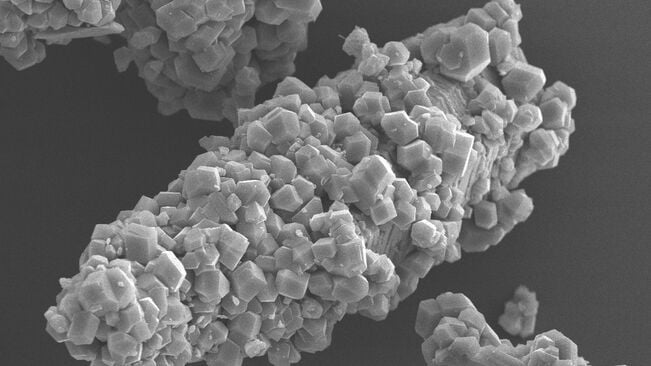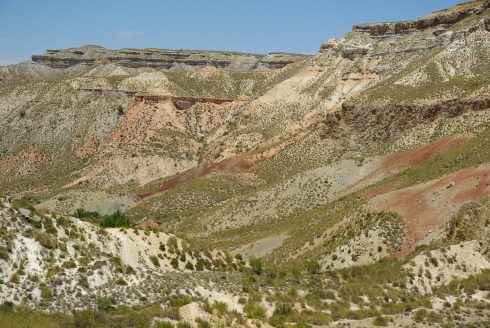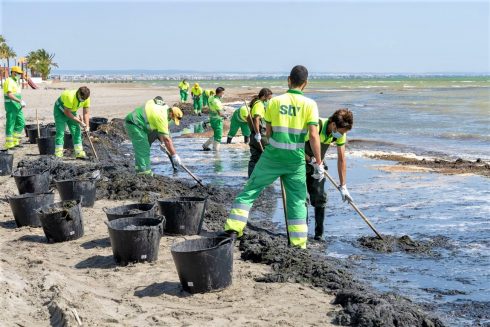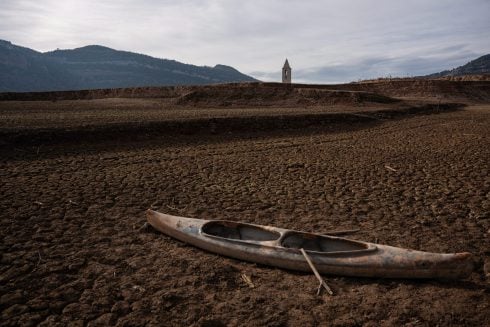Words by Isha Sesay
A RESEARCH group has developed an ingenious material capable of absorbing microplastics from the sea.
The hybrid substance has the ability to extract polluting materials, including dyes and other contaminants.
With its metal-organic structure (MOF-74) and porous carbon, the material can be used with a magnet to clean up aquatic environments.
A team of chemistry postgraduates, led by Gemma Turnes, made the breakthrough at Mallorca’s University of the Balearic Islands (UIB).
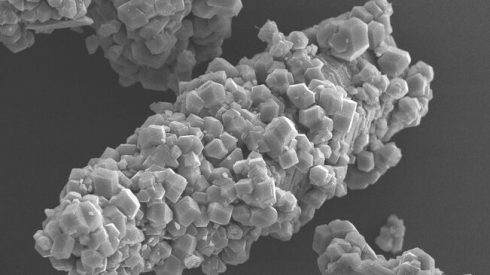
Researcher Mateo del Rio, who focused his doctoral thesis on solving water pollution problems, explained that the material is perfect for removing pollutants as it is extremely stable, both chemically and thermally, and is also easy to regenerate.
According to his study, published in the ACS Applied Materials & Interfaces scientific journal, the new hybrid material can extract pollutants from water in just ten minutes.
It can be used to clean small samples of contaminated water, and could serve to monitor sea pollution, possibly leading to more extensive measures being carried out by the local authorities.
The young chemist stressed the need to raise awareness in society about safeguarding the environment.
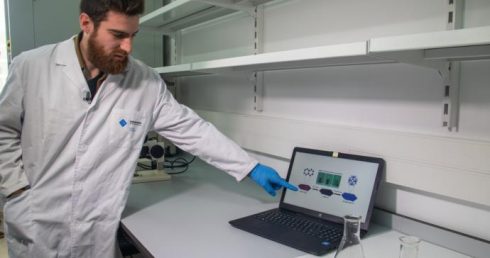
He expressed his ‘hope’ that water samples be taken from the Bay of Palma to be analysed by the group to determine pollution levels.
“You have to locate where the problems are in order to act as soon as possible and respond to natural disasters,” he added.
There is currently much concern about the overexploitation of natural resources, which has led to a range of measures being rolled out across the island.
Between Mallorca and Menorca alone, it is estimated that some 752 million plastic particles weighing a total of 3.7 tons are present in the sea.
The vast majority are microplastics of less than five millimetres in size, as detailed in a recent study by the Mediterranean Institute for Advanced Studies.

